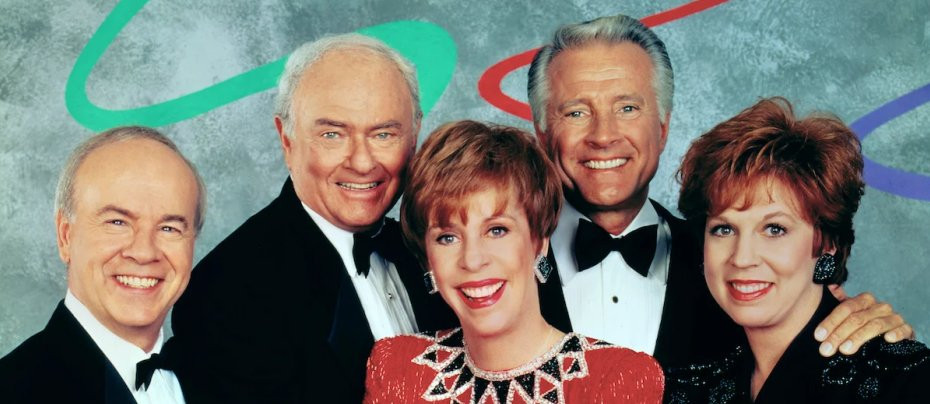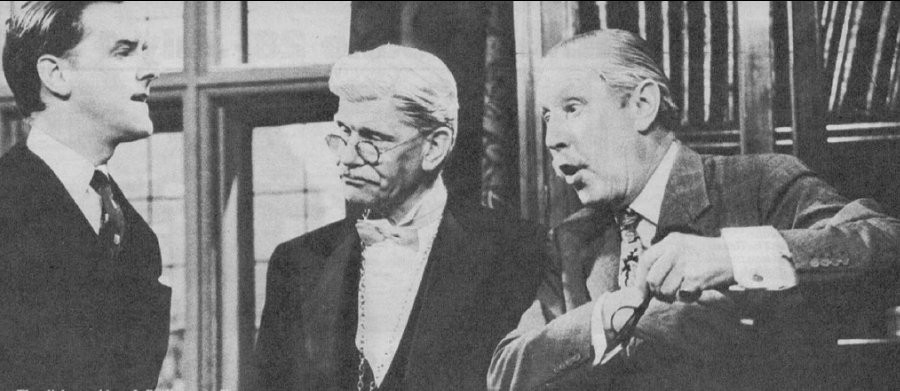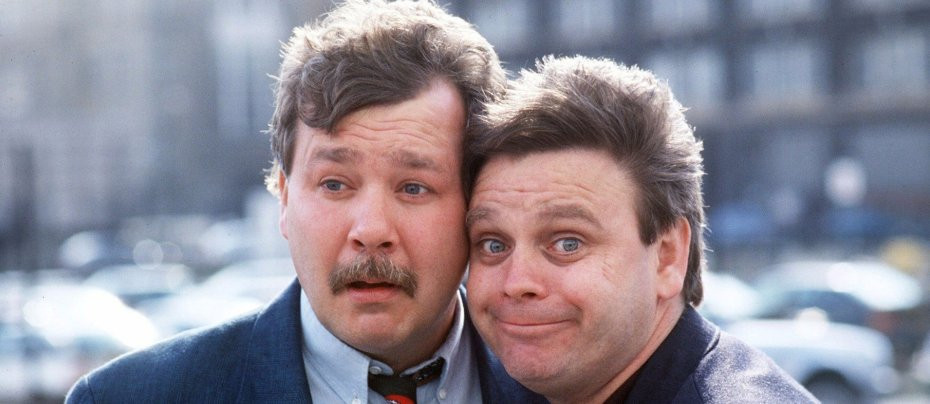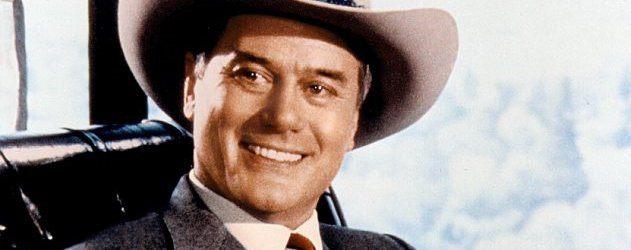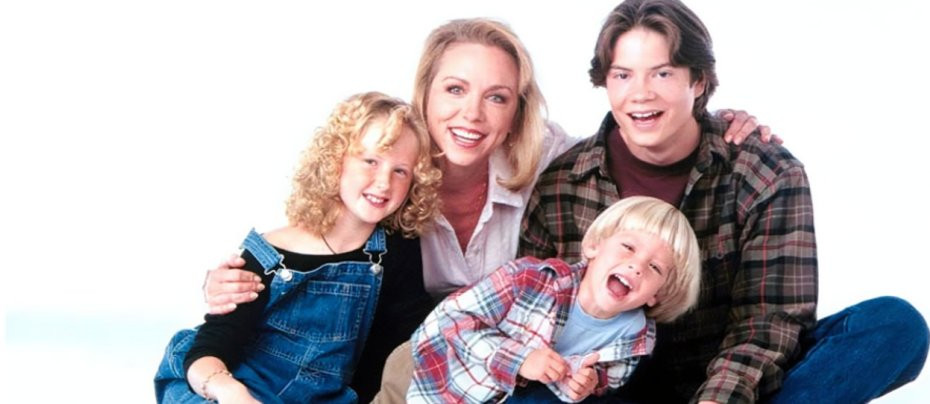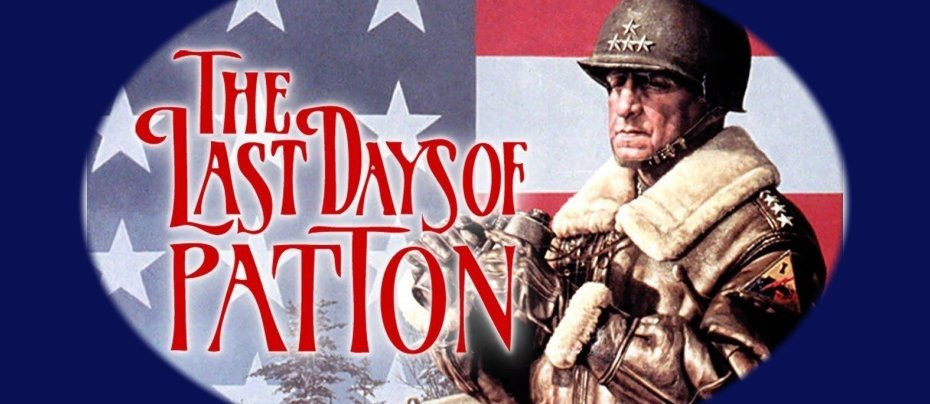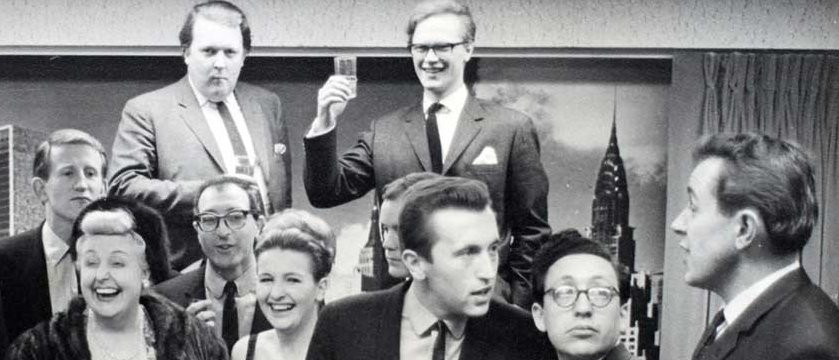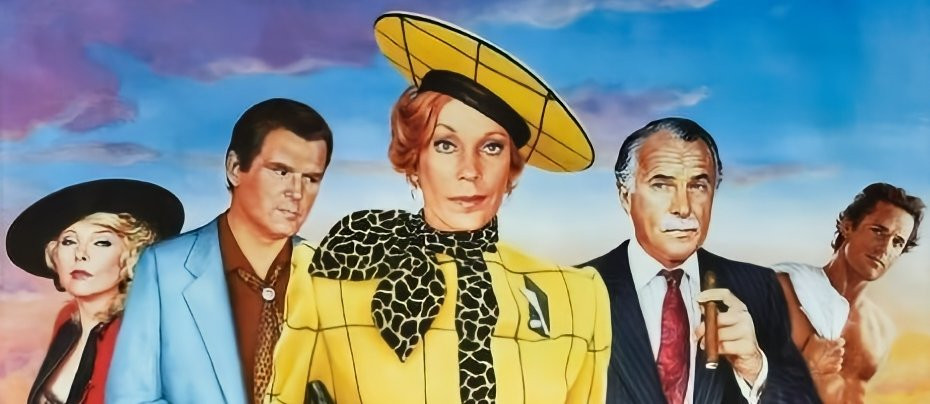
Fresno
1986 - United Statesthe great strength of the comedy in Fresno is how, like all the best satire, it plays it straight
Fresno is reviewed by John Winterson Richards
It was the recent passing of Dabney Coleman, an actor best remembered for his performances as the antagonist in numerous comedies, that prompted your reviewer to seek out a copy of what might be his finest hour, Fresno, a 1980s miniseries that satirised that decade's insatiable appetite for primetime drama set among the affluent, notably Dallas, Dynasty, and, in particular, Falcon Crest.
The basic joke is in the title. It is fair to say that Fresno, in the Central Valley, far from Hollywood to the South and the Napa Valley to the North, is generally viewed as one of the less glamorous parts of California. Other Californians tend to look down on its inhabitants as lacking sophistication, evidenced by one of Fresno County's cities rejoicing in its self-proclaimed status as "The Raisin Capital of the World." Like the Napa Valley, it produces grapes, but where the Napa Valley grows luscious grapes that have been turned into some of the best wines in the world, the withered grapes of Fresno are fit only to be dried into raisins. This is referenced in a short "historical" prologue to Fresno, which seems to mistranslate the Spanish word "fresno" - it actually means "ash" - as in the tree not in the sense of something dry and foul tasting.
So, Fresno applies all the standard tropes of the subgenre of melodrama dedicated to wealthy people trying to stay wealthy, and become even wealthier, not to the black gold that is oil or the nectar that is Merlot (ignore the snobbery of Sideways on that lovely grape) but to a substandard agricultural product that is one level above farm waste.
We are given the same dirty business dealings, court cases, huge houses, frequent costume changes, and an annual social event where everything goes wrong familiar from in the shows that Fresno is satirising, except all in the name of desiccated fruit.
Indeed, the great strength of the comedy in Fresno is how, like all the best satire, it plays it straight. It keeps to the same structure, tone, and style as the drama on which it is based. The actors all deliver their lines as if they were completely serious. The dialogue is witty but there is no stopping to appreciate the wit and the visual gags are treated as if there were perfectly natural. There is no breaking of the "fourth wall" or mugging to the camera. While Airplane is obviously an influence, Fresno does not follow it into the surreal. If it is sometimes absurd, so is the subgenre it is satirising. Certainly it has nothing as offensive to immersion and the suspension of disbelief as the notorious shower scene that effectively killed Dallas or the ending of The Colbys.
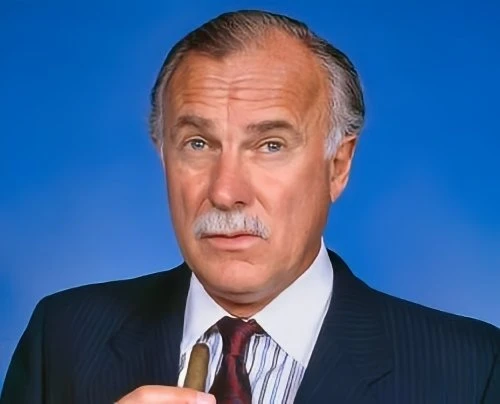
The main plotline is straight out of The Big Country, a battle to control essential water rights. The Kensington raisin dynasty, headed by matriarch Charlotte (Carol Burnett), has fallen on - relatively - hard times, not that one would guess from their wardrobe. It is now under increasing threat from Tyler Cane (Coleman) who seeks to dominate the raisin industry. He was once a close friend of Charlotte's late husband who died in a bizarre dehydration accident that no one thought at all suspicious - "until now that is." Since Charlotte spends most of her time changing clothes and drinking, her family's business is in the unreliable hands of her coincidentally named son Cane Kensington (Charles Grodin), who aspires to be as unscrupulous as Tyler Cane himself.
Cane - Kensington that is, not Tyler Cane - is unhappily married to the unhappy Talon (Teri Garr). He has a child by a previous marriage who appears only intermittently (Natalie Gregory), an environmentalist brother (Anthony Heald), and an adopted sister, Tiffany (Valerie Mahaffey), who has never really thought about her origins - "until now that is."
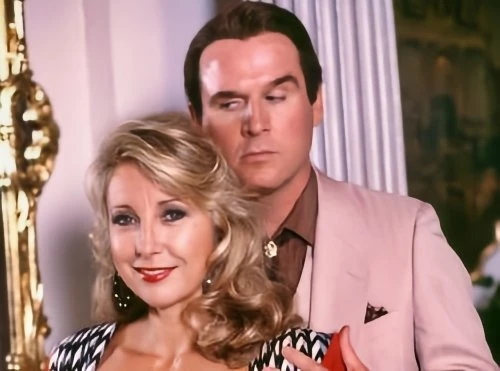
Teresa Ganzel is the Kensingtons' chirpy maid, Bobbi Jo Bobb, who dreams of being a Country and Western singer. The fact that she is married to gormless field hand Billy Joe Bobb (Bill Paxton) does not exempt her from wearing a maid's uniform of the type rarely seen outside a French bordello. She is helped in her musical journey by a singularly obliging bar owner played by Jerry Van Dyke. Charles Keaton is the Kensingtons' unflappable English chauffeur. Luis Avalos steals every scene as Juan, the loyal field hand the family exploit with literally careless callousness. Gregory Harrison is Torch, the handsome, well-toned drifter who, er, drifts in out of nowhere and has trouble keeping his strangely immaculate shirt on.
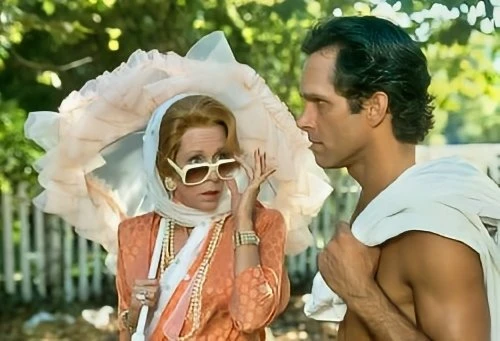
Jeffrey Jones is at his rodentlike best as the - of course - unscrupulous boss of a waste disposal company. Pat Corley is Earl Duke, the Kensingtons' seedy neighbour who turns it to have a pivotal role in proceedings. Henry Darrow (The High Chaparral) has a small but important cameo in the prologue.
The performances are all pitch perfect. Burnett, an American television legend, is predictably the heart of the project, but it also provides arguably the best showcase they ever had for Coleman, Grodin, and Garr, three outstanding comedy actors who were always greatly respected, even if they never got the top division status they deserved.
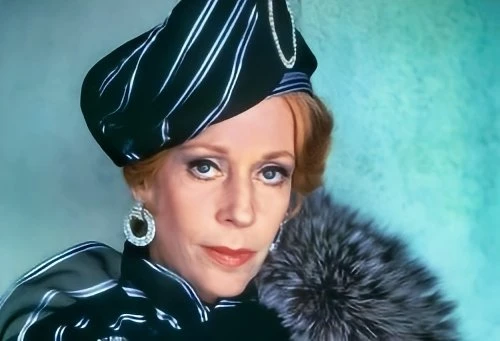
As a primetime network production, Fresno seems have had a fairly substantial budget and uses it well, mimicking the displays of conspicuous consumption that were part of the guilty appeal of Dallas and Dynasty. The costumes are as extravagant as they were in the latter. There is copious use of dynamic aerial photography and location filming, even if the locations are not always particularly impressive, which takes us back to the basic joke. Several cars are blown up, including, apparently, a Rolls Royce, which is actually quite upsetting.

The script is a minor masterwork, sharply observed, true to its purpose, well-paced, and disciplined. Many of its lines are begging to be quoted. Having made a joke, it does not wait around to be admired but moves on swiftly to the next. It avoids cheap laughs, relying instead on set up and pay off, sometimes confidently delayed - as in a superb running gag about the subgenre trope of throwing glasses of alcohol in people's faces to indicate moments of high emotion.
Perhaps it was, if anything, too clever - for, sad to say, Fresno was not a ratings success and has been largely forgotten, even if those who did see it tend remember it well, and fondly: as is so often the case, there were simply not enough of them.
It is too easy to write this commercial failure off as yet another example of the mass audience's general lack of taste. A better explanation may be that it failed for the same reason Police Squad! failed on television when the later Naked Gun films were a big success in the cinema: it demanded too much attention to detail on a small screen. Since Fresno was a satire of a television subgenre, it was necessarily a television project, so cinema would not have been an appropriate medium. However, the thought does occur that a television movie might have been a better format than a full miniseries. Even then it demands to be viewed with complete concentration in order to appreciate the full subtlety and depth of its satire - in this it is the complete opposite of the cheerily superficial shows to which it pays affectionate tribute.
Seen this show? How do you rate it?
Seen this show? How do you rate it?
Published on July 12th, 2024. Written by John Winterson Richards for Television Heaven.



